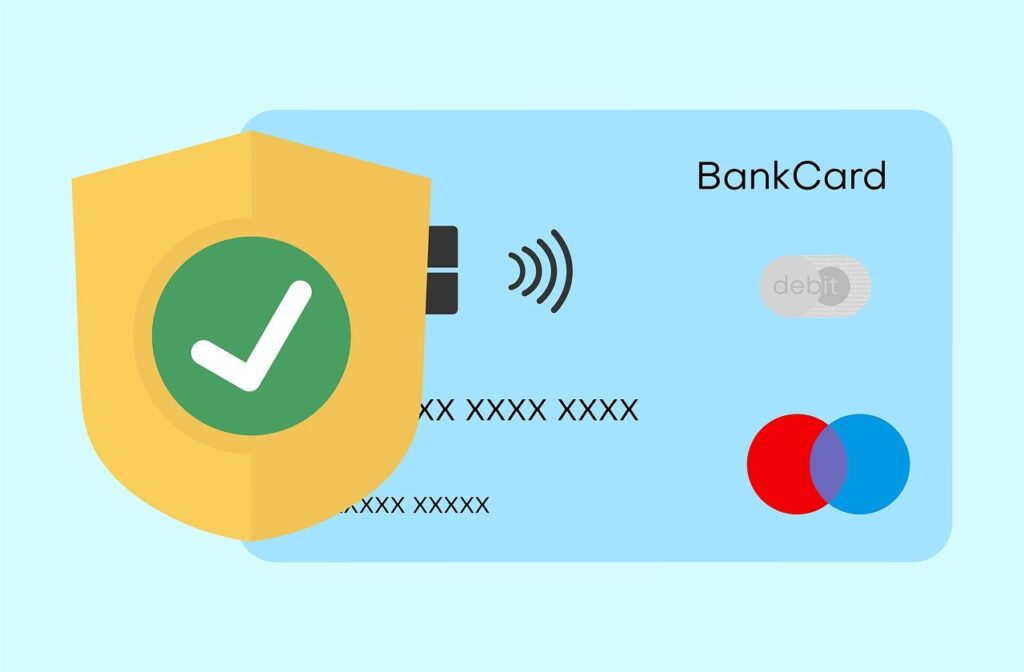The Risks of Cryptocurrency Scams

Can cryptocurrency be scammed?
Cryptocurrency has become increasingly popular in recent years, with many people investing in various digital currencies. However, just like any other form of investment, there are risks involved, including the potential for cryptocurrency scams. In this article, we will explore the different ways in which scammers can take advantage of unsuspecting investors in the world of cryptocurrency.
What are cryptocurrency scams?
Cryptocurrency scams are fraudulent schemes designed to deceive people into investing in fake or non-existent digital currencies. These scams can take various forms, including Ponzi schemes, phishing scams, and fake initial coin offerings (ICOs). Scammers often use social engineering techniques to manipulate and exploit their victims, leading to significant financial losses.
How do Ponzi schemes work?
Ponzi schemes are one of the most common types of cryptocurrency scams. In a Ponzi scheme, scammers promise high returns on investment to attract new investors. However, instead of generating legitimate profits, the scammers use the money from new investors to pay returns to earlier investors. This creates the illusion of a successful investment opportunity, but in reality, the scheme is unsustainable and will eventually collapse, leaving most investors with significant losses.
What are phishing scams?
Phishing scams involve scammers attempting to trick individuals into revealing sensitive information, such as passwords or private keys, by posing as a legitimate entity. In the context of cryptocurrency, phishing scams often target cryptocurrency exchanges or wallet providers. Scammers may send fake emails or create fraudulent websites that mimic legitimate platforms, leading users to inadvertently disclose their login credentials or other confidential information.
How do fake ICOs operate?
Initial coin offerings (ICOs) are a common method for startups to raise funds by issuing new digital tokens. However, scammers have capitalized on the popularity of ICOs by creating fake offerings to deceive investors. Fake ICOs may use misleading marketing tactics, false promises of guaranteed returns, or plagiarized whitepapers to attract potential investors. Once investors contribute funds to the fake ICO, the scammers disappear with the money, leaving investors with worthless tokens.

How to protect yourself from cryptocurrency scams
While the risks of cryptocurrency scams are real, there are steps you can take to protect yourself from falling victim to fraudsters. By following some simple guidelines and exercising caution when investing in cryptocurrency, you can reduce the likelihood of becoming a victim of scams.
Do your research
Before investing in any cryptocurrency or ICO, it is essential to conduct thorough research to verify the legitimacy of the project. Check the background of the team behind the project, read the whitepaper carefully, and look for reviews or feedback from other investors. Avoid investing in projects that lack transparency or have questionable practices.
Use secure wallets and exchanges
When storing or trading cryptocurrencies, it is crucial to use reputable wallets and exchanges that prioritize security. Choose platforms that offer two-factor authentication, cold storage options, and insurance against theft or hacking. Avoid storing large amounts of cryptocurrency on exchanges, as they are more vulnerable to security breaches.
Be wary of unsolicited offers
Scammers often use unsolicited emails, social media messages, or phone calls to promote fraudulent investment opportunities. Be skeptical of any offers that promise guaranteed returns, require urgent action, or pressure you to invest quickly. If an offer sounds too good to be true, it probably is.

Reporting cryptocurrency scams
If you have fallen victim to a cryptocurrency scam or suspect fraudulent activity, it is essential to report the incident to the appropriate authorities. By reporting scams, you can help prevent others from becoming victims and hold fraudsters accountable for their actions.
Report the scam to law enforcement
Contact your local law enforcement agency or financial regulator to report the cryptocurrency scam. Provide as much information as possible, including details of the scam, any communication with the scammers, and evidence of your financial losses. Law enforcement agencies may investigate the scam and take legal action against the perpetrators.
Alert the cryptocurrency community
Inform other members of the cryptocurrency community about the scam to raise awareness and prevent further victims. Share your experience on social media, cryptocurrency forums, or online review platforms to warn others about the fraudulent scheme. By sharing information with the community, you can help protect others from falling for the same scam.
File a complaint with financial authorities
If the scam involves a regulated cryptocurrency exchange or investment platform, you should file a complaint with the relevant financial authorities, such as the Securities and Exchange Commission (SEC) or the Financial Conduct Authority (FCA). These authorities have the power to investigate scams, impose penalties on fraudulent operators, and provide compensation to victims.

Conclusion
Cryptocurrency scams pose a significant risk to investors, but by understanding how these scams operate and taking proactive measures to protect yourself, you can minimize the likelihood of falling victim to fraud. Remember to conduct thorough research before investing, use secure wallets and exchanges, and be wary of unsolicited offers that sound too good to be true. By staying informed and vigilant, you can safeguard your investments and avoid becoming a victim of cryptocurrency scams.






